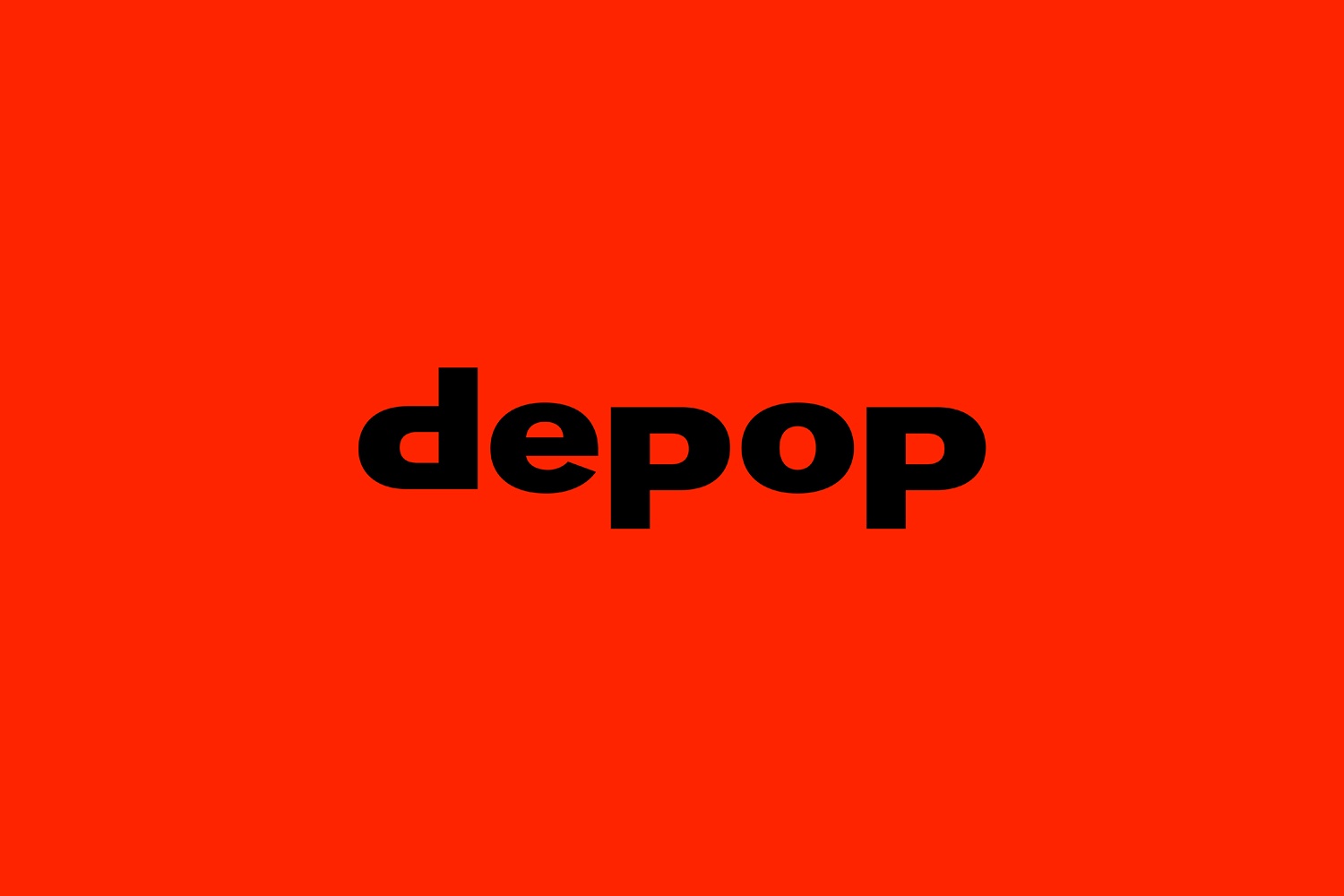A decade ago, having hand-me-downs and wearing old clothes from local charity shops were considered a mark of poverty. Yet with the rise of a global initiative to shop more ethically, second-hand clothes are back in fashion. Entering a charity shop no longer has that air of shame about it – the movement to be more sustainable consumers has not only helped the environment, but also enabled the working-class to feel more comfortable when shopping for affordable clothes. However, in recent months, coinciding with the growing popularity of resale apps like Depop, the price points of charity shop clothing has soared. Resellers have swiped the fashionable or designer pieces in charity shops (usually for under a tenner) with the intention to sell these for potentially hundreds of pounds. Such huge markups and sudden decreases in stock have forced charity shops to raise their prices – meaning decent clothing is less accessible and less affordable for those who need it. By ignoring the nuances of sustainable thrifting, Depop resellers have gentrified second-hand clothing.
When plus-sized clothing is being sold as ‘oversized’ or cut up into a ‘unique matching 2-piece’ and children’s clothing is being sold as a ‘y2K vintage crop top’, it raises the question – who we are taking these clothes away from? Plus-sized people, who already have a difficult time finding affordable, trendy clothes that fit, and young, growing children whose parents can’t afford to buy fitting clothes every other month now face increased prices and limited options because resellers want to profit through charity shop donations. What’s worse, to stay on par with huge markups, second-hand items are often sold for far more than their recommended retail price (RRP) on apps like Depop. One TikTok user found that her Juicy Couture tracksuit bottoms, that she bought for £16 from TKMaxx, were being sold on Depop for prices ranging from £55 to £109 – that’s almost £100 more than the RRP! Customers are essentially being scammed into paying almost 7 times RRP for used and often damaged clothing. But it’s not just branded Champion sweaters or Brandy Melville tops that are advertised in this scam. Unbranded items that fit trending aesthetics, hashtagged ‘y2K’, ‘cottagecore’ or ‘grunge’, prompt huge bidding wars that reach hundreds of pounds above their RRP.
By acknowledging how unethical some resellers are, it’s hard to ignore how this exploitation of Depop’s guidelines has negatively affected sellers who genuinely wanted to give their old clothes a new home, or perhaps sell clothes that they have upcycled. Depop enables the unemployed, disabled, and those with criminal records to still make money- in fact it is one of the only resell apps that has been able to compete with fast fashion brands; it makes fulfilling your aesthetic far more sustainable. With the UK producing 206.426 tonnes of textile waste per year, perhaps we should be highlighting the faults of the whole fast-fashion industry rather than individuals exploiting resell communities. The UK was recently named the fourth largest textile waste producer, with 30% of our unwanted clothing going to landfill. According to ClothesAid, more than 60% of us have unwanted clothes and textiles that we could donate to charity. A few years ago, the Telegraph reported on the head of the select committee saying “fast fashion means charity shops are getting too many clothes.” As a result of our last lockdown, research by WRAP suggested that 2 in 5 of us had a clear out, leading to The British Heart Foundation reporting contributions 197% higher in their first week of reopening than in the same week last year.
It’s unethical to gentrify thrifting but it’s also unethical to shop for fast-fashion– so what do we do? By shopping fast fashion brands, not only do you exploit the sweatshop workers that are being paid pennies in order for the company to make a significant profit, but you also contribute to the cycle of textile waste-production. The most ethical option is to shop mindfully. Shop second-hand but keep in mind that clothes you do decide to resell should be sold with integrity. The morality of your action to sell second-hand is undone if you mark up the prices – instead of exploiting sweatshop workers, you’re now exploiting your customers. After all, with thousands of people losing their jobs or being furloughed this year, we need to keep in mind that more people than ever will be relying on charity shops and resell apps to either buy clothes or make money. Ultimately, the blame should be focussed on large cooperations and brands that contribute to the most significant amount of waste and exploitation.
Header image: Depop.

